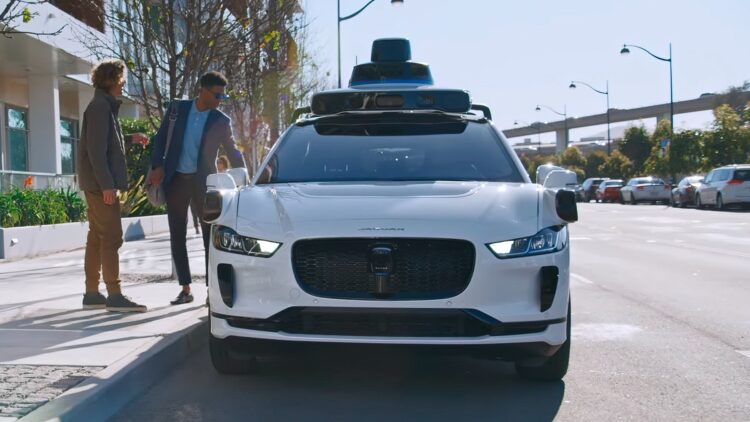Austin residents are still recovering from the shock of having to deal with driverless Tesla taxis in the city center. However, Waymo, a subsidiary of Alphabet—the parent company of Google—has just announced that it is raising the stakes: not only will it begin offering rides in its driverless taxis, but they will now have access to highways in three of the largest metropolitan areas in the United States. If you weren’t a religious person until now, you may start wanting to pray a little or meditate before getting in your car and encountering one of these vehicles with no one behind the wheel—literally.
The news was published in full on my blog last Wednesday, November 12, 2025. It’s a small step for Waymo, but a giant leap for driverless car technology. Robo-taxis will be hitting the road at high speeds for the first time in real life. Waymo has become the first company to offer commercial (and of course paid) rides in these vehicles without the presence of a human safety driver. We assume that someone will be monitoring several vehicles at once from a control center—or at least we hope so, fingers crossed—but the reality is that if you get into a Waymo robo-taxi, there will be no one to chat with you or play you a terrible radio station.
Waymo and its robotaxis
If you’ve never heard of Waymo before, don’t worry: you’re not out of touch, nor do you live under a rock at the bottom of the sea. Waymo is a company dedicated to autonomous driving technology, and its technology is so specific that it only operates in very limited areas (we assume this is in communities where people are confident enough to accept being passengers in a car without a human driver).
It is the spiritual successor to the pioneering Google Self-Driving Car Project, which began in 2009. After years of development behind the scenes, the project spun off and became an independent entity in 2016.
The technology in its robo-taxis is designed for level four autonomous driving, which means that the vehicle can operate without any human intervention within very specific geographical areas. (In other words, you can’t get in in one city and ask it to take you to visit your cousin in Alaska.) The company’s fleet of autonomous vehicles is only in urban areas with favorable weather and clear regulatory conditions. This means that the service is available for taxis in Phoenix (AZ), San Francisco (CA), and Los Angeles (CA).
Despite being a company with a very niche service, its fleet consists of 1,500 commercial vehicles. In addition, Waymo plans to add more than 2,000 extra vehicles in the coming years. On average, they are reporting 250,000 trips each week.
Driving on the Highway
If it wasn’t already enough to break out in a cold sweat thinking about a Tesla driving slowly through downtown Austin, imagining a stolen taxi traveling at highway speeds puts our blind faith in technology to the test. For years, the company limited its operations to city streets to ensure the safety of everyone: its cars, its passengers, and all the pedestrians around them. Although highways lack pedestrians and intersections with traffic lights, the main challenge is high speed. Let’s keep it at zero, because a mistake at this speed can have catastrophic consequences.
However, this company’s robo-taxis comply with speed limits. Its autonomous vehicles are strictly limited to the posted speed limit, even when surrounding traffic exceeds it.
But rest assured, customers won’t be the first guinea pigs. In fact, the company has been thoroughly testing its vehicles on highways with employees and guests for a year. Back in July, Waymo announced that it had surpassed 100 million miles of fully autonomous driving overall.
What do you think? Would you ride in a robo-taxi to avoid having to small-talk with a human taxi driver? How far are we willing to go to avoid dealing with our social anxiety?

